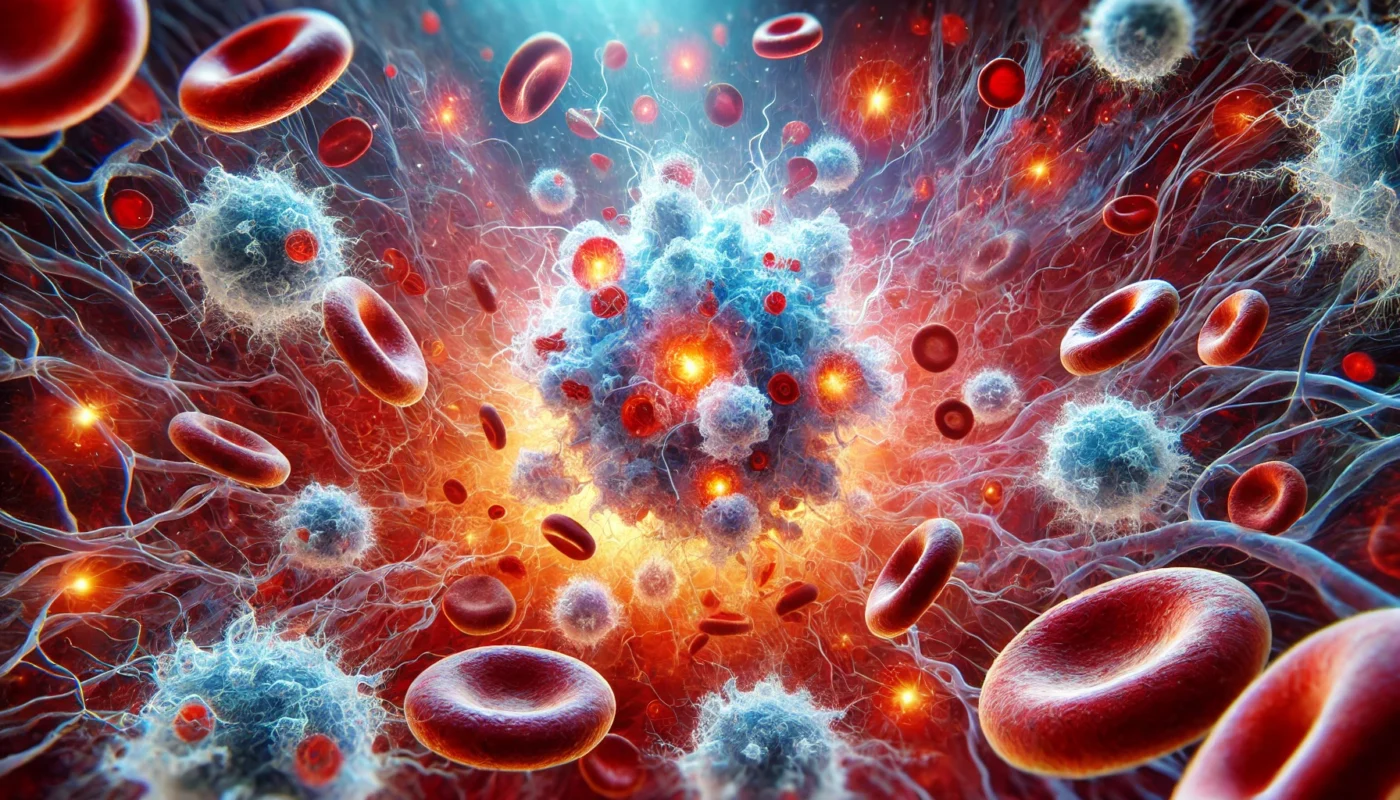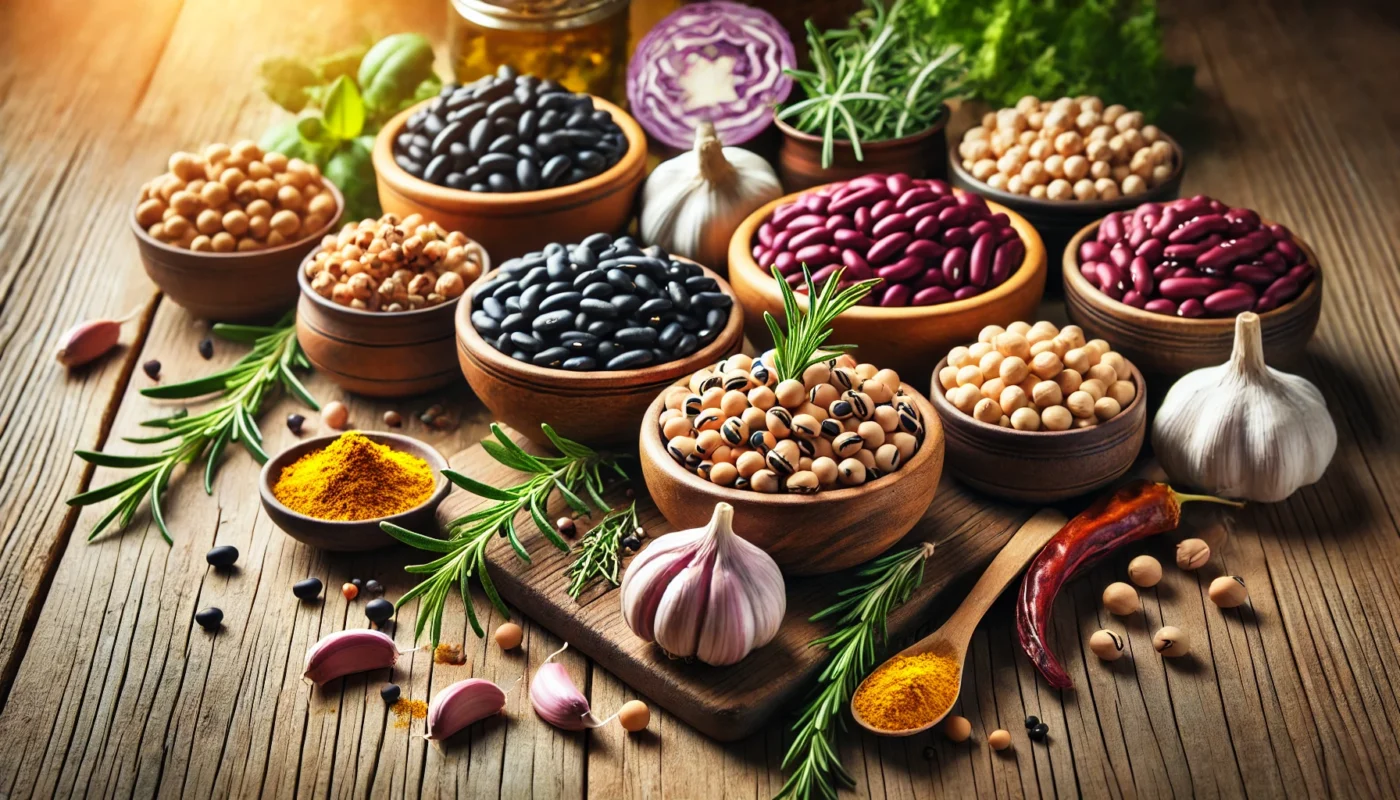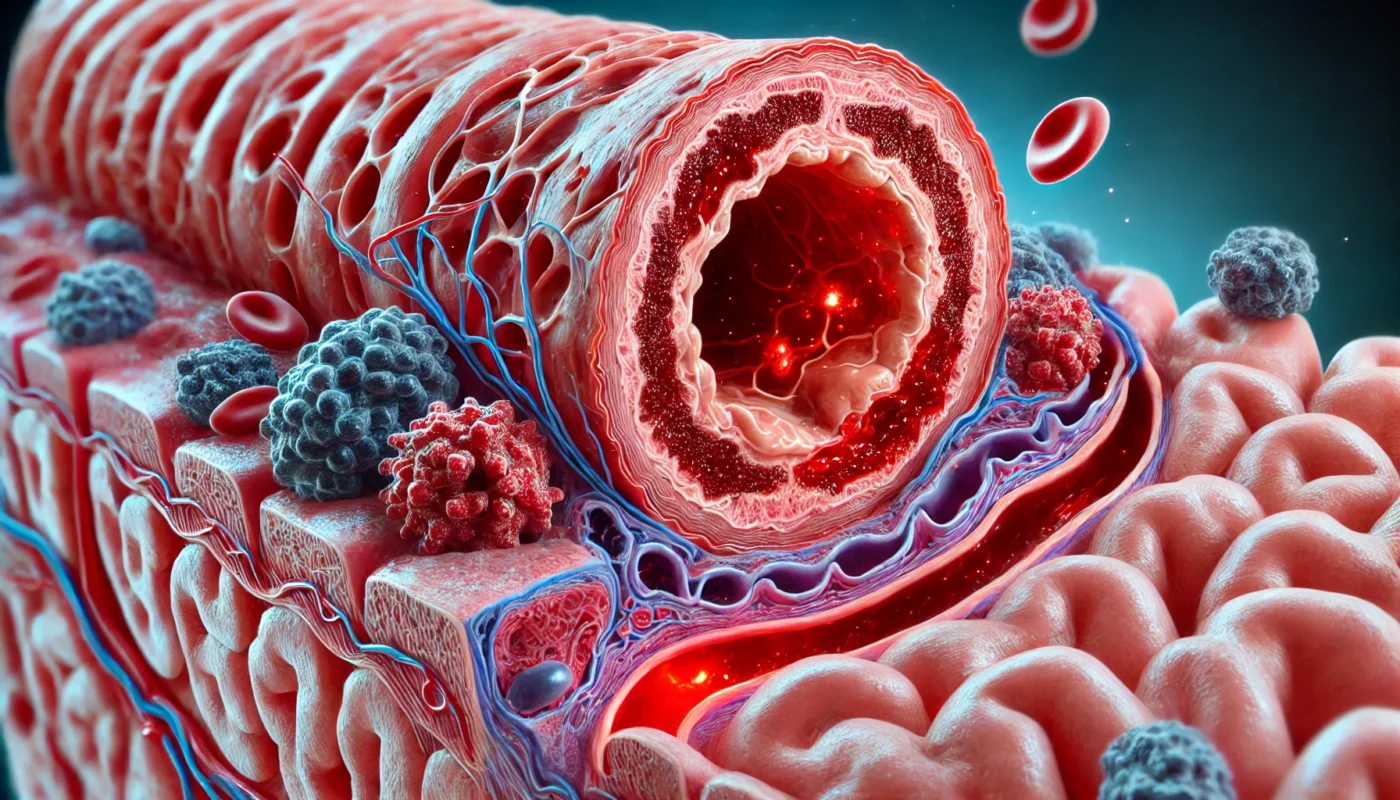Inflammation is the body’s natural response to injury or infection. It is a crucial part of the immune response, essential for healing and fighting off pathogens. When the body senses harmful stimuli, such as pathogens, damaged cells, or irritants, it triggers an inflammatory response to protect itself.
Tag Archives: inflammation management
Inflammation is the body’s natural response to injury or infection, designed to eliminate harmful stimuli and initiate the healing process. It’s a complex biological response involving various cells, proteins, and signaling pathways. Essentially, when your body senses an injury or pathogen, it releases chemicals that initiate an inflammatory reaction.
Chronic inflammation: a term that might sound slightly intimidating, and rightfully so. It’s a silent aggressor lurking within the body, often going unnoticed until it manifests as something more severe. In this article, we’ll delve into the intricacies of chronic inflammation, exploring why inflammation can be detrimental to your health and how to manage it effectively.
Inflammation is a natural response by our bodies to injury or infection. It’s a crucial part of the body’s defense mechanism, helping to heal wounds and fight off harmful pathogens. However, when inflammation becomes chronic, it can lead to a host of health problems, including heart disease, arthritis, and even certain cancers. Chronic inflammation can silently damage tissues and organs, often going unnoticed until serious conditions develop.
Inflammation is a natural biological response to injury or infection. It’s a critical part of the body’s defense mechanism, involving immune cells, blood vessels, and molecular mediators. However, when inflammation becomes chronic, it can lead to various health issues, including heart disease, arthritis, and certain cancers. Therefore, managing inflammation through diet has become an essential consideration in holistic health practices.
In the quest for optimal health and well-being, understanding the role of diet in inflammation is paramount. Dairy products, especially yogurt, have been the subject of much debate regarding their effects on inflammation. In this article, we delve into the intricate relationship between yogurt and inflammation, and provide insights that will aid fitness enthusiasts, health aficionados, and medical patients in making informed dietary choices.
Inflammation is your body’s response to injury or infection, a defense mechanism that helps the body heal and protect itself. However, when inflammation persists, it can contribute to chronic diseases like arthritis, heart disease, and even cancer. This ongoing inflammatory process can be detrimental, hence the importance of implementing strategies to manage and reduce inflammation effectively.
Inflammation is a natural and essential part of the body’s immune response. It helps to fend off pathogens and repair tissue. However, when inflammation becomes chronic, it can contribute to a host of health issues, including arthritis, heart disease, and diabetes. Chronic inflammation is often described as a slow, silent burn that can lead to significant long-term damage.
Inflammation is the body’s natural response to harmful stimuli, such as pathogens, damaged cells, or irritants. It is a complex biological response that involves the immune system, blood vessels, and various molecular mediators. The ultimate goal of inflammation is to eliminate the initial cause of cell injury, clear out necrotic cells and tissues, and initiate tissue repair.
Inflammation is the body’s natural response to injury or infection. It serves as a protective mechanism, mobilizing the immune system to heal damaged tissue and ward off harmful pathogens. There are two types of inflammation: acute and chronic.










